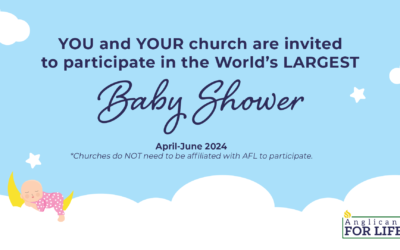The Lord God took the man and put him in the Garden of Eden to work it and take care of it. And the Lord God commanded the man, “You are free to eat from any tree in the garden; but you must not eat from the tree of the knowledge of good and evil, for when you eat from it you will certainly die.”
Genesis 2: 15-17
Now the serpent was more crafty than any of the wild animals the Lord God had made. He said to the woman, “Did God really say, ‘You must not eat from any tree in the garden’?”
The woman said to the serpent, “We may eat fruit from the trees in the garden, but God did say, ‘You must not eat fruit from the tree that is in the middle of the garden, and you must not touch it, or you will die.’”
“You will not certainly die,” the serpent said to the woman. “For God knows that when you eat from it your eyes will be opened, and you will be like God, knowing good and evil.”
When the woman saw that the fruit of the tree was good for food and pleasing to the eye, and also desirable for gaining wisdom, she took some and ate it. She also gave some to her husband, who was with her, and he ate it. Then the eyes of both of them were opened, and they realized they were naked; so they sewed fig leaves together and made coverings for themselves.
Genesis 3: 1-7
In the midst of the Garden of Eden there were two trees. One, the pro-life tree, was called the tree of life. Adam and Eve were permitted, even encouraged, to eat freely from it. The tree of life reflected the goodness of God’s gifts to them. Made in His image, Adam and Eve

were like God. They enjoyed a beautiful garden with all its abundant provision, a meaningful purpose for their lives, a relationship with one another in which they were naked and unashamed, and fellowship with their Creator. In other words, they had everything they needed and desired from God’s good hand. It was a world of life and abundant life at that. The tree of life stood as a promise.
The other was the pro-choice tree. It was called the tree of the knowledge of good and evil, of which God forbade Adam and Eve to eat. The serpent came along and described the promise of this tree to them—life without restrictions, life where one could determine what was good and evil for himself or herself, without reference to others. It was a tree that promised freedom, the serpent said, for they could be like God, and therefore have the right to define their own concept of existence, of meaning, of the universe, and the mystery of human life. No longer would they need to be subject to God and His ways but could choose their own. So understood, this tree also stood as a promise.
The problem that Adam and Eve faced was simple. Both trees could not serve their well-being. Both promises could not be true. And so, the question: Which vision would they embrace? Would Adam and Eve believe God, that “in the day that you eat of it, you shall surely die”? Would they trust His character as the One who had shown Himself willing and able to do them good and had taught them His ways (including not to eat of the tree) to ensure that they remained in this place of blessing? Would they believe that the Lord’s commands were good, even if they didn’t understand them? Or would they believe the serpent and his suggestion that God really didn’t have their best interest at heart but was holding back from them the opportunity for real life? That being their own masters, determining right and wrong for themselves, would bring them satisfaction and peace? The decision of whether or not to eat from the forbidden tree depended upon whom they believed. Did they trust God? Or not?
Just as there was in Eden, we here are presented with a choice. We can decide that, like God, we have the wisdom to determine our own course and choose for ourselves what is good and evil—that, in the words of our Supreme Court, “at the heart of liberty is the right to define one’s own concept of existence, of meaning, of the universe, and the mystery of human life” (Planned Parenthood v. Casey, 1992). Or we can trust God, believing His commands are good, even if at times we don’t understand them, and that God made the world in such a way that some choices lead to life and others lead to death, regardless of what we might think, like, or understand. In either case, we will live with the consequences. For all choices lead somewhere. They did for Adam and Eve. And they do for us.
Heavenly Father, as we face the choice of life and death, may our hearts be directed by Your Grace. May we chose Life for our children and for their children after, so that one day a generation will come that will not know abortion. Although we ourselves have created this forbidden fruit out of our sin, we ask for Your Mercy. Forgive us and bring an end to abortion. In Your Name we pray, Amen.
This week’s reflection has been written by Anglicans for Life’s Board Member, the Rev. Dr. W. Ross Blackburn. Rev. Blackburn is the Rector of Christ the King, an Anglican Fellowship in Boone, NC.



